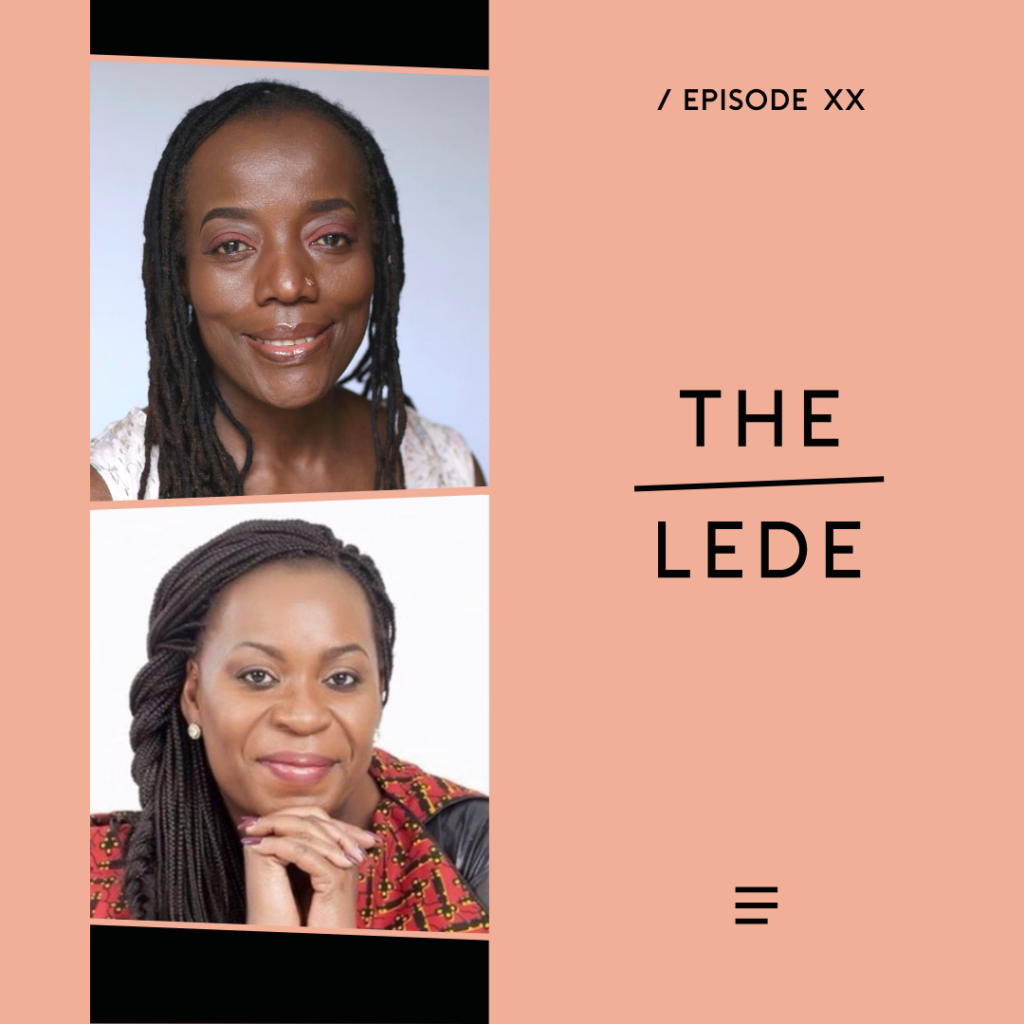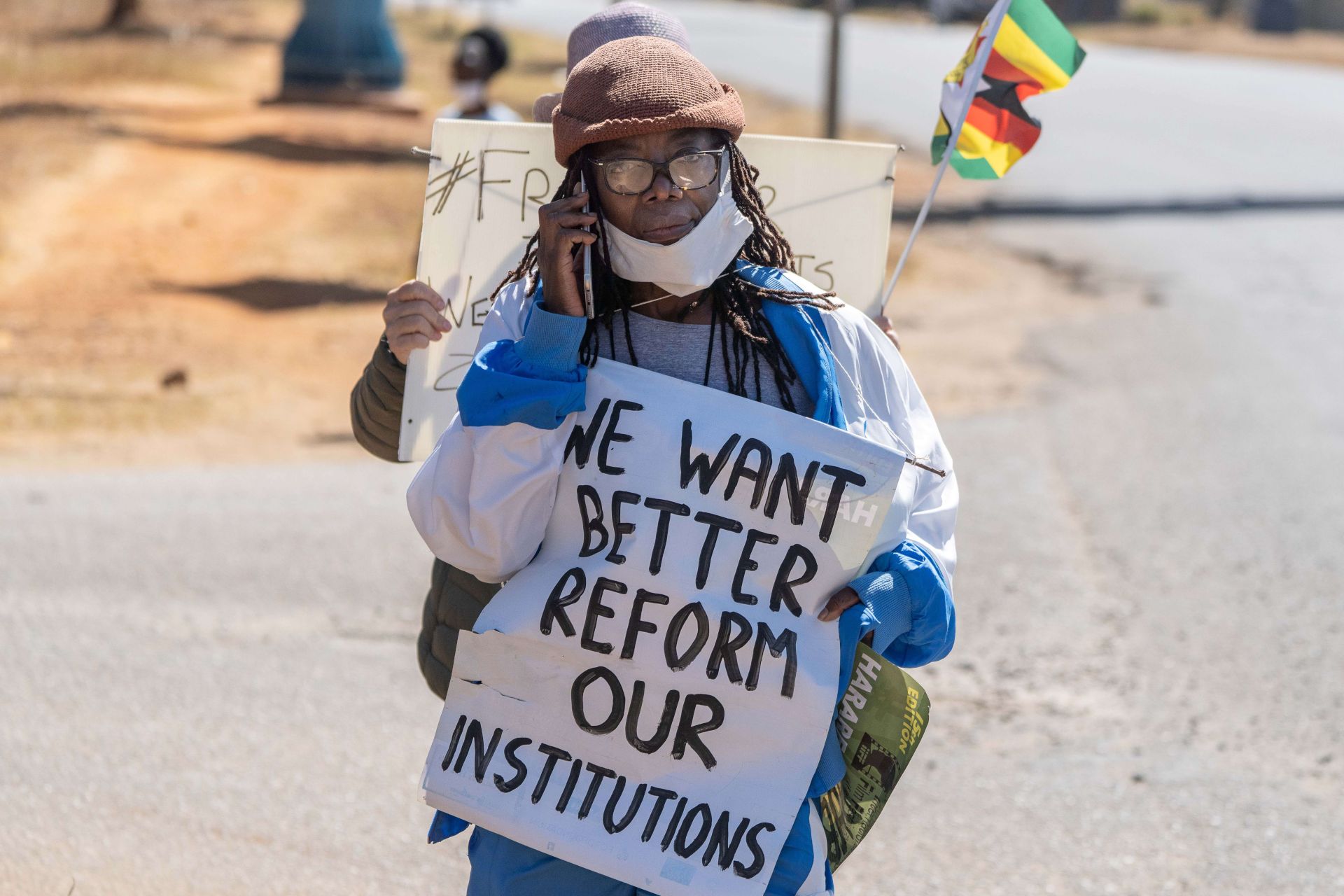“We want better. Reform our institutions.”
Those were the words on Tsitsi Dangarembga’s placard when she was arrested in July 2020 for a peaceful protest against Zimbabwe’s government. Recently she was convicted on a charge of inciting public violence for that act. And yet, the award-winning novelist, playwright, poet and filmmaker— named one of the Top 25 Most Influential Women of 2022 by the Financial Times — hesitates to label herself as an activist.
“I do not call myself an activist, but I call myself somebody who believes in citizen engagement as a responsible citizen of the country,” she tells New Lines magazine’s Kwangu Liwewe. “I think that is an idea that they simply do not want to prevail in Zimbabwe. They cannot afford to have increasing numbers of Zimbabweans thinking of themselves as responsible citizens who need to be engaged.”

“I think that Zimbabweans have been so oppressed that they are no longer able to access the necessary agency. Yet they are the ultimate power.”
Dangarembga is referring to what she calls Zimbabwe’s current military dictatorship, which came to power after November 2017, when Robert Mugabe was removed and replaced by Emmerson Mnangagwa as president and party leader of ZANU-PF. While Dangarembga is resolute in her view of those events, she recognizes that not all Zimbabweans share her interpretation. To her, this signals the skill with which the military manipulated the narrative, getting people out into the streets to celebrate the coup.
“Zimbabweans will debate anything from here to heaven,” she contends. “They were able to pretend it was not a coup. But what happened was a coup.”
While she recognizes that the economic situation in Zimbabwe is dire—and much worse now than during Mugabe’s time—she argues that this is not due to mismanagement, as some might suggest. Rather, it is a deliberate attempt to force Zimbabweans to rely on the ZANU-PF for basic survival resources. So why haven’t the Zimbabweans revolted? It has nothing to do with weakness, says Dangaremba.
“Zimbabweans are afraid that if they go against the government, the military will retaliate. I think that Zimbabweans have been so oppressed that they are no longer able to access the necessary agency. Yet they are the ultimate power.”
Produced by Joshua Martin and Christin El-Kholy


